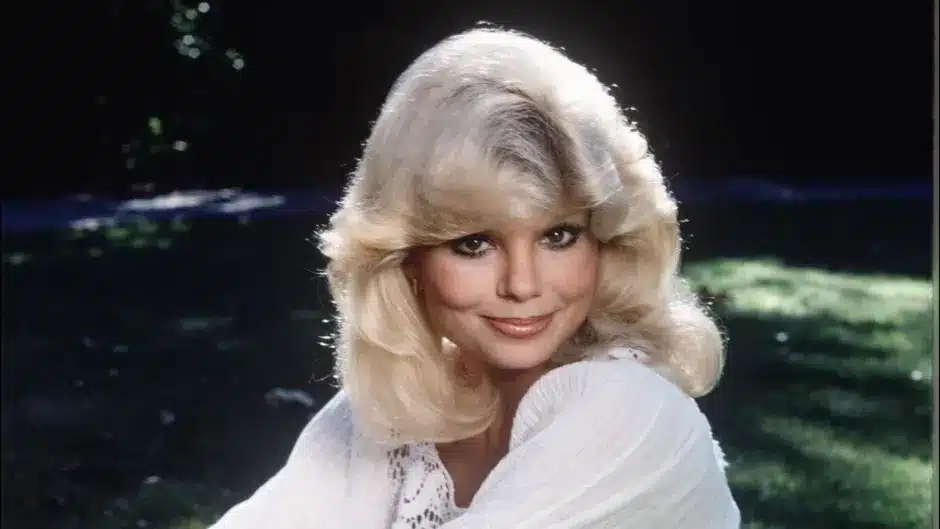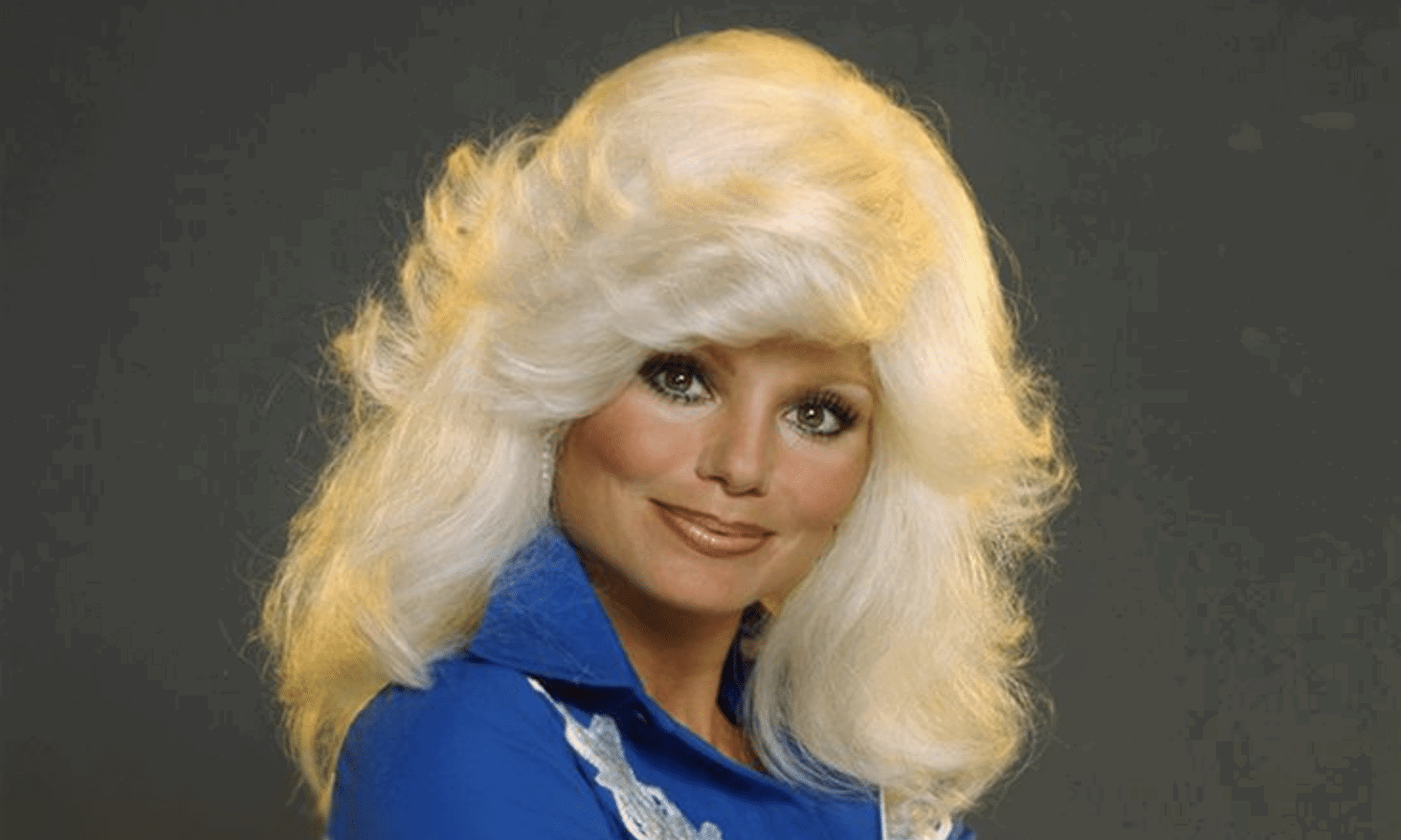Many people are curious about the backgrounds of their favorite celebrities, wondering about their nationality and ethnic roots.
It’s natural to be fascinated by the heritage of well-known figures in the entertainment industry. Understanding a celebrity’s origins can provide insight into their life and career.
This article will explore Loni Anderson’s nationality and ethnicity, offering clear, factual information.
We’ll look at her birthplace, family background, and how her upbringing shaped her identity.
By the end, you’ll have a comprehensive understanding of Loni Anderson’s cultural heritage, including her nationality and the ethnic influences that contributed to her persona.
Who is Loni Anderson?
Loni Anderson is an American actress who made a significant mark in the entertainment industry, particularly in television.
Born on August 5, 1945, in Saint Paul, Minnesota, Anderson’s career spans several decades, showcasing her talent and charm.
Anderson’s rise to fame came in the late 1970s and early 1980s, when she became a household name thanks to her television roles.
Her performances earned her multiple award nominations, including Golden Globe and Emmy nods, cementing her status as a television star.
Throughout her career, Anderson appeared in numerous TV series and films. She starred in shows like “Partners in Crime” (1984) and “Easy Street” (1986-1987), demonstrating her versatility as an actress.
Anderson’s contributions to television extend beyond acting. Her presence helped shape the portrayal of strong, intelligent women in sitcoms, moving away from stereotypical “dumb blonde” characters.
Her work paved the way for more complex female roles in the industry.
What is Loni Anderson’s Nationality?
Loni Anderson is American. This simple fact is key to understanding her identity and the trajectory of her career in the entertainment industry.
Born in Saint Paul, Minnesota, Anderson’s roots are firmly planted in the American Midwest. Saint Paul, as part of the Twin Cities, has long been a cultural hub in the region.
During the mid-20th century, when Anderson was born, the city was experiencing post-war growth and cultural shifts that would shape its identity.
This environment likely played a role in forming Anderson’s early experiences and outlook.
Minnesota itself is known for its rich cultural heritage, blending influences from Scandinavian immigrants and Native American traditions.
This unique mix created a distinctive Midwestern identity that likely influenced Anderson’s early years.
The state’s reputation for friendliness, strong work ethic, and community values may have contributed to shaping Anderson’s character and approach to her career.
Anderson’s American nationality is not just a matter of birth certificate; it’s an integral part of her public persona and the roles she’s played throughout her career.
Loni Anderson’s Ethnic Background
Loni Anderson comes from a diverse ethnic background influenced by her family heritage.
Her father, Klaydon Carl “Andy” Anderson, worked as an environmental chemist, likely instilling in Loni an appreciation for science and environmental issues.
Her mother, Maxine Hazel, was a model, which undoubtedly influenced Loni’s career path and exposed her to aspects of the entertainment industry from a young age.
The values instilled by her parents played a crucial role in Loni’s development, suggesting a household that valued both intellectual pursuits and personal presentation.
These influences are reflected in Loni’s career choices and her approach to her roles, often portraying intelligent and well-presented characters.
As a young woman, Loni participated in beauty competitions, even becoming a runner-up in the Miss Minnesota pageant.
This experience not only reflects the influence of her mother’s modeling career but also provides insight into the cultural norms and expectations for young women in mid-20th century America.
How Loni Anderson’s Nationality Influences Her Career
Loni Anderson’s American nationality played a key role in shaping her career and public image.
Her identity as an American actress allowed her to embody and reflect the changing cultural landscape of the United States during her rise to fame.
Anderson’s roles often mirrored the evolving portrayal of American women in media. Beyond her well-known role in “WKRP in Cincinnati,” she appeared in productions that touched on unique American themes.
In films like “Stroker Ace,” Anderson’s characters tapped into the American fascination with celebrity culture.
Her appearances in shows like “The Love Boat” and “Fantasy Island” celebrated American leisure culture and values of friendship and adventure.
These roles allowed Anderson to connect with American audiences on a deeper level, as she represented both traditional and progressive American values on screen.
Her career reflects the changing social dynamics in the United States during the late 20th century.
Loni Anderson’s Rise to Fame in Her Home Country
Loni Anderson’s ascent to stardom in America is a story of perseverance and talent. After her 1966 debut in “Nevada Smith,” Loni faced a challenging period with limited acting opportunities.
However, her breakthrough came in 1978 with “WKRP in Cincinnati.”
As Jennifer Marlowe, Loni captured audiences with her portrayal of a smart, capable receptionist. The show’s success propelled her into the spotlight, addressing contemporary social issues and media culture.
Her performance earned critical acclaim, including Golden Globe nominations and Emmy Award nods.
This success opened doors for Loni beyond “WKRP.” She took on diverse roles in television movies and series, showcasing her range as an actress.
Notable projects included “The Jayne Mansfield Story” and “Partners in Crime.”
Loni’s journey from struggling actress to American television icon demonstrates the impact of finding the right role at the right time.
Her ability to connect with audiences and incorporate changing societal norms contributed significantly to her long-lasting popularity in American entertainment.
Facts About Loni Anderson’s Culture and Heritage
- Loni’s father, Klaydon Carl “Andy” Anderson, was an environmental chemist, suggesting a background that valued science and education.
- Her mother, Maxine Hazel, worked as a model, introducing Loni to the world of fashion and public image from a young age.
- Her childhood in Minnesota during the 1950s and early 1960s exposed her to a period of significant social and cultural change in America.
- Loni participated in beauty competitions as a teenager, reflecting a common cultural practice for young women in mid-20th century America.
- After her film debut in 1966, Loni faced nearly a decade of limited opportunities, showcasing the resilience instilled by her Midwestern upbringing.
- Loni’s most famous role as Jennifer Marlowe in “WKRP in Cincinnati” challenged stereotypes about women in the workplace, reflecting changing American cultural norms.
- Her portrayal often balanced traditional femininity with a more modern, empowered image, mirroring the evolving role of women in American society.
Loni Anderson’s Influence on the Global Entertainment
Loni Anderson’s impact extends beyond American borders, contributing to the global entertainment landscape.
While primarily known for her work in the U.S., her influence has reached international audiences in several ways.
Her portrayal of Jennifer Marlowe resonated with international audiences, showcasing a character type that transcended cultural boundaries.
Loni’s career has indirectly influenced the international entertainment industry by helping to reshape perceptions of women on television.
Her roles often depicted strong, multifaceted female characters, setting a precedent that has inspired actresses and creators worldwide.
Her advocacy work, particularly in health awareness, has further enhanced her global profile.
By addressing universal health concerns like COPD, Loni has connected with people around the world on issues beyond entertainment.
Through her career and advocacy, Loni Anderson has left a long-lasting mark on the global entertainment scene, influencing perceptions and inspiring audiences worldwide.
Conclusion
Loni Anderson’s journey from Saint Paul, Minnesota, to Hollywood stardom illustrates the profound impact of nationality and cultural heritage on an actor’s career.
Her American upbringing and Midwestern values shaped her approach to acting and public life, influencing her iconic roles and public persona.
Anderson’s story extends beyond her on-screen presence, highlighting how family background, education, and personal experiences can shape a professional path.
Inspired by her parents’ health struggles, her advocacy work demonstrates how cultural roots can inform an individual’s broader contributions to society.
As we reflect on Anderson’s career, we see not just an actress but a woman who incorporates the multifaceted nature of American identity.
Her legacy continues to inspire aspiring actors and reminds us of the power of embracing one’s heritage in the pursuit of success.



























